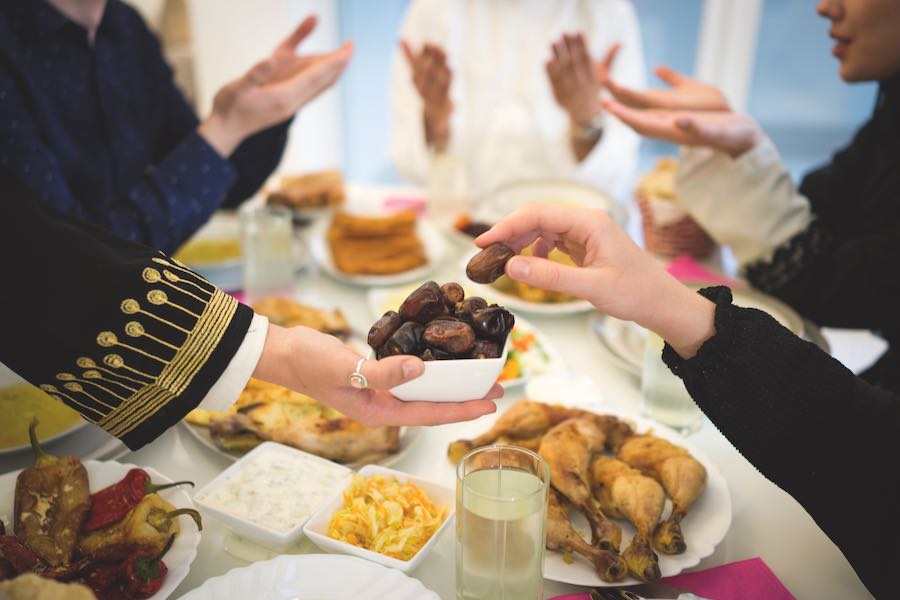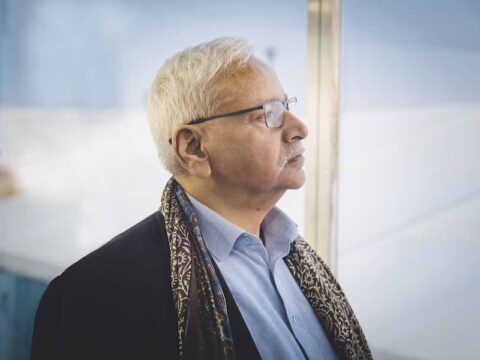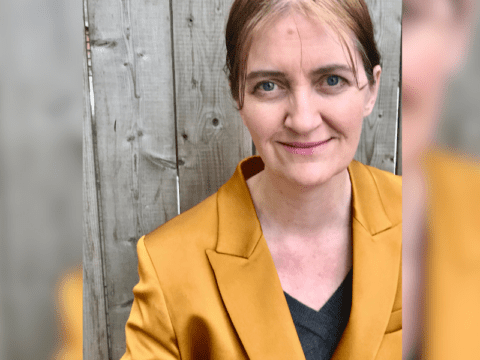Throughout my Catholic upbringing in Kingston, Ont., my family would always hold hands before our meals and say grace. When I eventually moved out of my parents’ house to attend university in Ottawa, I largely stopped this tradition.
Bogged down by calorie counting and post-dinner exercises, I no longer felt much gratitude for the experience of eating. As someone with climate anxiety, my dislike of commercial food industries — with their excessive packaging and exaggerated expiration dates — outweighed my feelings of thanks. That was, until my perspective evolved after some interfaith exploration.
You may unsubscribe from any of our newsletters at any time.
In late 2021, my job compelled me to uproot my life and move to India — one of the most religiously diverse countries in the world. Shortly after arriving, I found myself in an ashram in the holy city of Vrindavan, offering a meal to two idols of the Hindu god Krishna and the goddess Radha, before eating the meal myself. This offering is known as prasad, and I soon realized that it served a similar purpose to grace: we were thanking God for our meal and for all the beings that helped create our food. I began to seek out other practices that reminded me of grace.
For Eid the following year, my friend, a practising Muslim, invited me to the Red Fort mosque in Delhi. As the fast broke, we said Bismillah (“In the name of Allah”) before eating a date. So did the tens of thousands of worshippers around us.
More on Broadview:
- It’s time to take a closer look at what we’re eating for Thanksgiving
- How one community leader is fighting for food security in Newfoundland and Labrador
- The true cost of food: High grocery prices are not the root issue
Later, I accompanied friends to eat langar — a blessed community meal — in the Golden Temple in Amritsar, the holiest site in Sikhism. As we all sat on the floor together and ate the free volunteer-cooked food, I felt a familiar shared sentiment of thanks and blessings.
I came to realize something: the particular rite, ritual or religion made little difference to my spiritual connection to my meal. Instead, it was the act of simply saying “thank you” to God and knowing that others — sometimes tens of thousands of others — were joining me that transformed my meal from a source of anxiety into a ritual of gratitude.
My understanding of what it meant to be grateful shifted as well. Of course, giving thanks did not discount all of the systemic problems around food waste and exploitation that had frustrated me over the years. But my “thank you” was validating a necessary human activity and right — eating food. It was helping me unlearn my capitalistic understanding of the behaviours that fuel overconsumption and diet culture.Saying grace in various ways has reconnected me with the food on my plate. And as my relationship with the ritual has grown from an empty thanks to an intentional practice of gratitude, I have begun to eat more mindfully, now more aware than ever before of the resources and labour that go into my meal.
***
Laura O’Connor is a freelance writer who splits her time between Delhi, India, and Ottawa. This story first appeared in Broadview’s October/November 2023 issue with the title “In Praise of Grace.”













